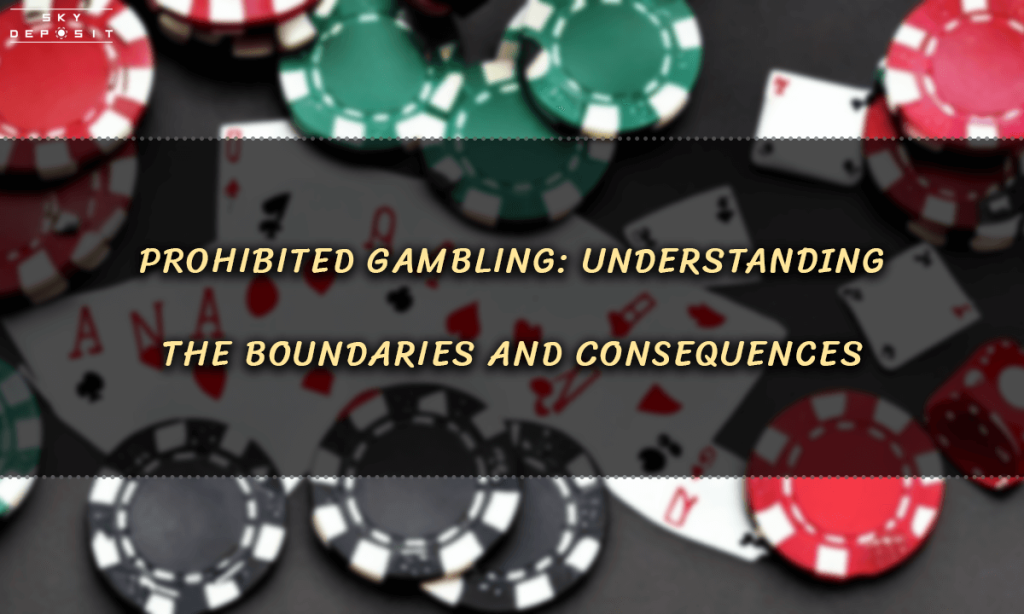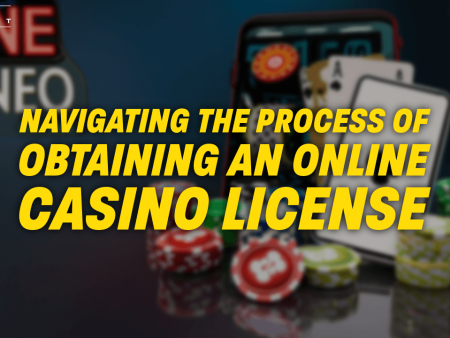Prohibited gambling refers to gambling NZ activities that are expressly forbidden by law in certain jurisdictions. While gambling is a popular and widespread pastime in many countries, there are specific forms of gambling that are deemed illegal due to various reasons. In this article, we will delve into the concept of prohibited gambling, shedding light on the types of gambling activities that fall under this category, the rationales behind their prohibition, and the potential consequences associated with engaging in prohibited gambling practices.

List of Best NZ Online Casinos
🔝Top-Rank 🔏 Trusted & Licensed ⚡️ Fast Payouts 🇳🇿 High Payouts
Last updated: 7 June 2025
Types of Prohibited Gambling:
Prohibited gambling can take different forms depending on the jurisdiction. Common examples include unlicensed or illegal casinos, unauthorized online gambling platforms, unauthorized sports betting, and underground lotteries. These activities often operate outside the scope of regulatory frameworks, lacking the necessary licenses and compliance with consumer protection measures. It is important to note that the specific forms of prohibited gambling can vary from one jurisdiction to another, as different countries have their own laws and regulations governing the industry.
Reasons for Prohibition:
There are several reasons why certain forms of gambling are prohibited. These reasons may include concerns over the potential for fraud, money laundering, organized crime involvement, and the negative social impacts associated with gambling addiction. Prohibition aims to protect consumers from fraudulent practices, maintain the integrity of the gambling industry, and safeguard vulnerable individuals from the potential harms of unregulated gambling. Additionally, some jurisdictions may have cultural or religious reasons for prohibiting certain forms of gambling.
Legal and Social Consequences:
Engaging in prohibited gambling can have significant legal and social consequences. From a legal standpoint, individuals involved in underground gambling activities may face criminal charges, fines, and even imprisonment, depending on the jurisdiction and severity of the offense. Authorities often take strict measures to enforce gambling laws and crack down on illegal gambling operations. Socially, participation in prohibited gambling can lead to reputational damage, loss of personal finances, and potential harm to relationships and mental well-being. The lack of consumer protections associated with underground gambling increases the risks faced by participants.
Consumer Awareness and Protection:
Understanding the laws and regulations surrounding gambling in a specific jurisdiction is crucial to avoid engaging in underground gambling. It is essential for individuals to be aware of the legal boundaries and to seek out licensed and regulated gambling options to ensure consumer protection. Responsible gambling practices, such as setting limits, being aware of the signs of problem gambling, and seeking support when needed, are equally important regardless of the legality of the gambling activity.
Global Variances in Prohibited Gambling:
It is worth noting that the types of gambling activities that are prohibited can differ significantly between countries and jurisdictions. What may be considered prohibited gambling in one jurisdiction may be legal and regulated in another. Therefore, it is essential for individuals engaging in gambling activities to familiarize themselves with the laws and regulations specific to their location to ensure compliance and avoid unintended participation in underground gambling practices.
Conclusion:
Prohibited gambling encompasses a range of gambling activities that are expressly forbidden by law in certain jurisdictions. The reasons for prohibiting these activities vary, but they generally aim to protect consumers, maintain industry integrity, and prevent potential negative social impacts. Engaging in underground gambling can have severe legal and social consequences, underscoring the importance of understanding and adhering to gambling laws in one’s jurisdiction. By promoting consumer awareness, responsible gambling practices, and compliance with legal frameworks, individuals can ensure a safer and more enjoyable gambling experience while avoiding the pitfalls associated with prohibited gambling.

















[…] in jurisdictions where online gambling is legal, there are risks associated with unregulated or unlicensed platforms. These risks may include unfair games, lack of player protection, unauthorized use of personal and […]